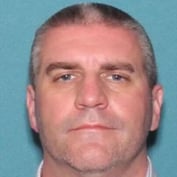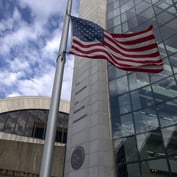Following is a story based off of a news article written by Melanie Waddell, Washington Bureau Chief for AdvisorOne.com, a sister publication to National Underwriter Life & Health.
Washington insiders are betting that the House Financial Services Committee will introduce legislation calling for a self-regulatory organization (SRO) for advisors soon after the committee’s subcommittee on capital markets holds a Sept. 13 hearing on the issue.
The issue is a priority for the National Association of Insurance and Financial Advisors. Approximately 27% of NAIFA members are investment adviser representatives, according to LIMRA International. Of these, nearly all are dually-registered as registered representatives of broker-dealers, and thus, already subject to regulatory oversight by the Financial Industry Regulatory Authority, the LIMRA survey showed.
Only 1% of NAIFA members are registered investment advisers not currently under FINRA’s regulatory jurisdiction.
NAIFA’s board voted in July to recommend that FINRA serve as the self-regulatory organization to conduct examinations of Securities and Exchange Commission-registered investment advisers.
“It’s very likely we can expect SRO legislation to be introduced shortly after [the hearing] on the House side,” says Duane Thompson, senior policy analyst for fi360.
“If an SRO bill is introduced in connection with the hearing,” Thompson says, “the first question is whether it will be limited to broker-dealers/advisors, or include independent advisors as well.” The second, more important question, he continues, “is not whether it will be passed by the House, but whether the Senate will take it up this year.”
The Sept. 13 hearing will also examine the regulation of investment advisors and broker-dealers, while the full committee plans to hold a hearing on Sept. 15 on the need to reform the Securities and Exchange Commission (SEC).
The capital markets subcommittee, chaired by Rep. Scott Garrett, R-N.J., will examine the studies mandated by Dodd-Frank on the effectiveness of standards of care applicable to broker-dealers and investment advisors. The subcommittee will also explore the need for enhanced examination and enforcement resources for advisors (i.e. the need for a self-regulatory organization (SRO) for advisors).
Garrett has also introduced the SEC Regulatory Accountability Act (H.R. 2308), which would require the Securities and Exchange Commission to perform enhanced cost/benefit analyses on its rules.








 August 31, 2011 at 08:00 PM
August 31, 2011 at 08:00 PM










